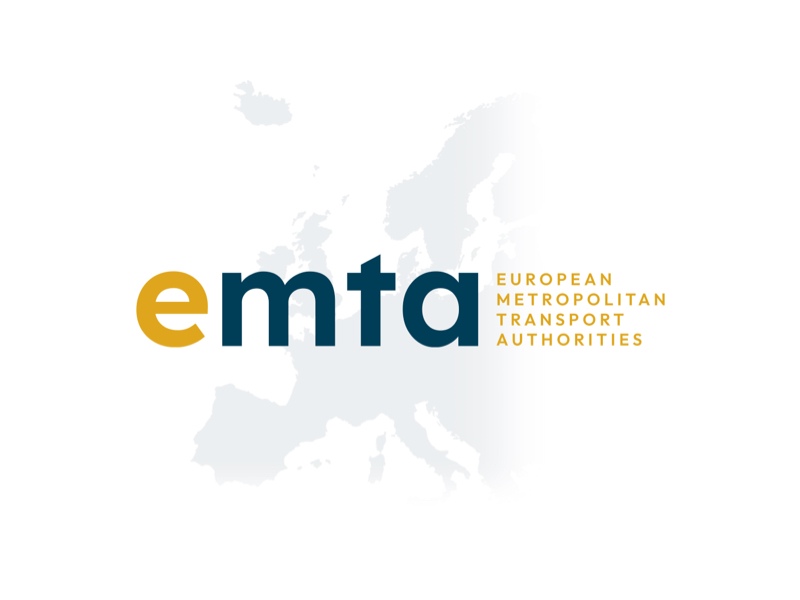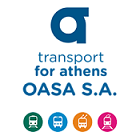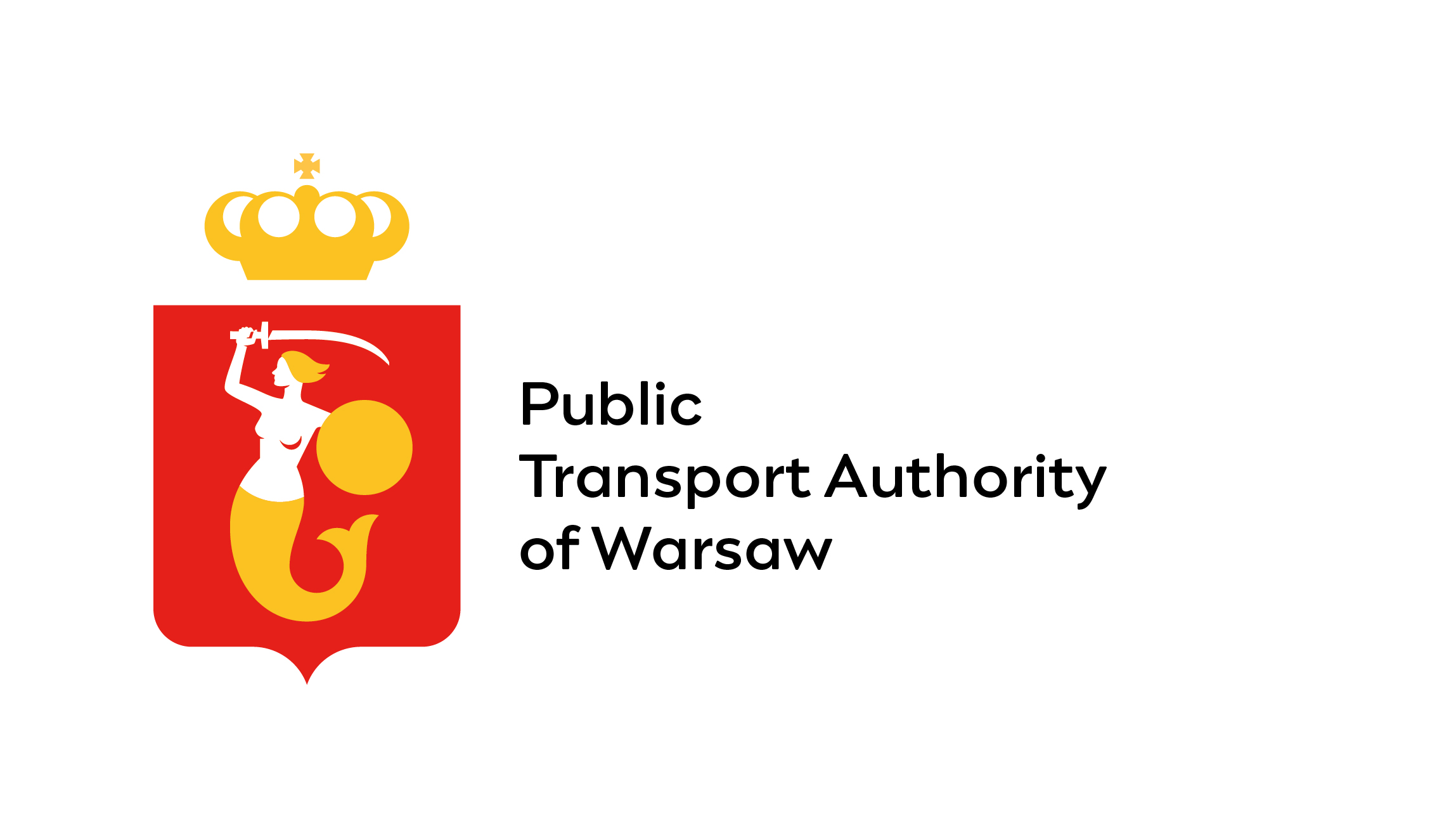Latest changes on emta.com

LibeRTIN : a thematic network sponsored by the European Commission to harmonise light rail systems
A consortium bringing together the railway supply industry (UNIFE), the international association of public transport (UITP) and five major consulting companies specialised in the light rail sector (TTK, Atkins Danmark, AEA Technology Rail, Die Ingenieurwerkstatt, SEMALY) was launched in September 2002 for a period of 30 months with the financial support of the European Commission

Results of European surveys in the field of public transport now available
The final reports of the following surveys ordered by the European Commission are available : – Good Practice in Contracts for Public Passenger Transport (carried out by a consortium led by Colin Buchanan & Partners), – Integration and Regulatory structures in public transport (carried out by a consortium led by NEA), – Study on accessibility

New Urban Transport Benchmarking initiative sponsored by the European Commission
The European Commission launched on 6 November 2003 a new initiative of “Benchmarking” (comparison) of the local transport networks in the EU and accession countries, after similar projects between 1998 and 2002. The objective of this one-year programme is to compare the performances of the transport systems of 35-40 European urban areas. Thematic working groups

EMTA surveys the potential application of new technologies on information of passengers with reduced mobility
After the successful workshop organised on 19 November in Brussels on the issue of information of passengers with reduced mobility, EMTA has ordered a survey of the potential impacts of the new technologies on information of passengers with reduced mobility in the field of public transport. The results will be available at the end of

The European Court of Justice rules that financial support which only represents compensation for public service obligations imposed by authorities does not have the status of State aid
The European Court of Justice released on 24th July its long awaited judgement in the Magdeburg-Altmark case, which refers to the legal nature of financial compensations granted by public authorities to companies in the transport sector. The Court ruled that there is no advantage, and therefore no State aid, where a financial measure must be

European Directive on biofuels adopted
The European Council of Ministers of Transport approved on 8th April the biofuels directive already adopted by the European Parliament. Member States must transpose this directive into national laws before 31st December 2004. The directive lays down targets for the progressive introduction of biofuels derived from agricultural, forestry and organic waste products between now and

Fuel duty rebate for biodiesel used by public transport in the United Kingdom
The British government announced at the end of 2002 that local bus operators in the UK will be eligible for a 100% rebate on biodiesel, which is made from recycled waste vegetable oils or virgin rapeseed oils. Biodiesel can be used as a blend (normally at 5%) in all regular diesel engines. Higher blends and

Contributions of EMTA authorities to the European research programme on integration of public transport systems
EMTA is actively involved in the European research programme on integration of public transport systems of the European Commission. Some member authorities (Barcelona, Brussles, Genoa, Paris) have contributed case studies highlighting the role of public transport authorities to achieve a high level of integration of networks in the interest of passengers. Theses case studies can

Survey on funding of public transport systems through land value capture
Following the workshop organised last October on the issue of transport and land use policies, a working group bringing together five EMTA transport authorities (Barcelona, Dublin, London, Madrid and the West Midlands) has deciced to survey the potential new sources of funding of public transport systems that could derive from a partial capture of the

European Directive on biofuels adopted
The European Council of Ministers of Transport approved on 8th April the biofuels directive already adopted by the European Parliament. Member States must transpose this directive into national laws before 31st December 2004. The directive lays down targets for the progressive introduction of biofuels derived from agricultural, forestry and organic waste products between now and
































